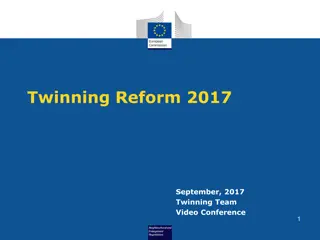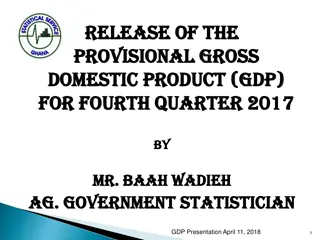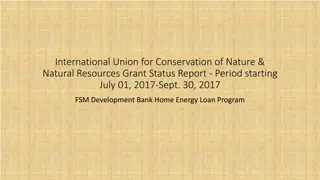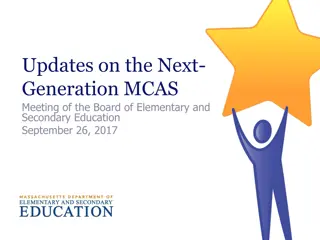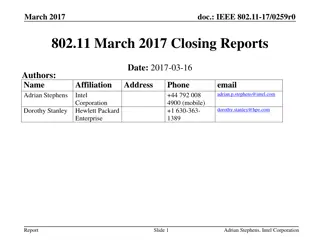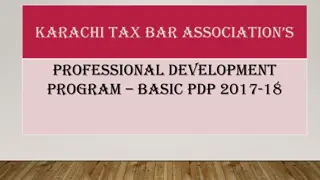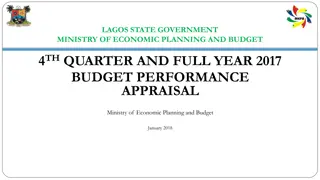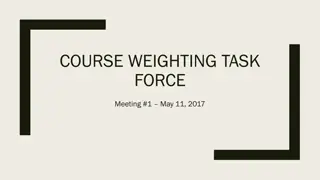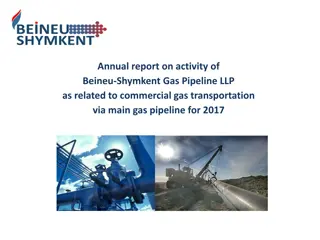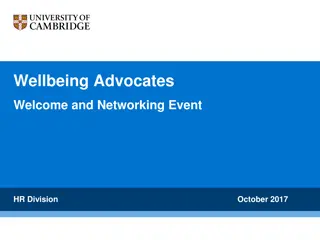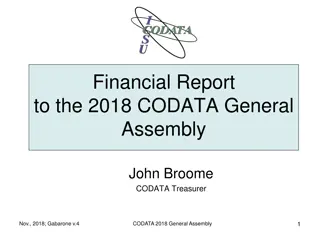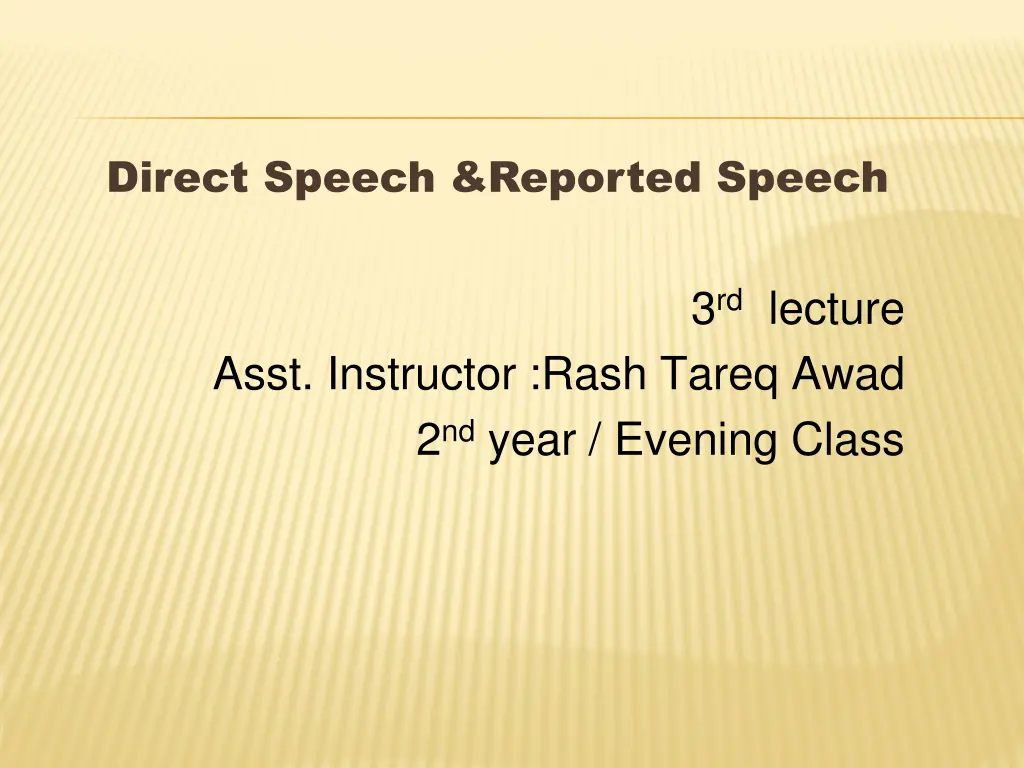
Mastering Reported Speech: Verb Tenses and Verb Changes
Learn when and how to use reported speech, including verb tenses and changes, for effective communication. Explore examples and explanations for a clear understanding.
Download Presentation

Please find below an Image/Link to download the presentation.
The content on the website is provided AS IS for your information and personal use only. It may not be sold, licensed, or shared on other websites without obtaining consent from the author. If you encounter any issues during the download, it is possible that the publisher has removed the file from their server.
You are allowed to download the files provided on this website for personal or commercial use, subject to the condition that they are used lawfully. All files are the property of their respective owners.
The content on the website is provided AS IS for your information and personal use only. It may not be sold, licensed, or shared on other websites without obtaining consent from the author.
E N D
Presentation Transcript
Direct Speech &Reported Speech 3rdlecture Asst. Instructor :Rash Tareq Awad 2ndyear / Evening Class
When do we use it? REPORTED SPEECH is used to tell what someone said. Yet, we do not repeat all the words exactly. REAL WORDS (direct speech): Tom said: We are going to the cinema this afternoon. REPORTED SPEECH: Tom said that they were going to the cinema that afternoon.
Verb Tenses DIRECT SPEECH PRESENT We study PAST FUTURE REPORTED SPEECH PAST She said that they studied She said that they were studying PAST PERFECT She said that they had studied She said that they had been studying CONDITIONAL She said that they would study We are studying We were studying We studied We will study
List of Verb Changes TENSE DIRECT SPEECH REPORTED SPEECH PRESENT SIMPLE I play tennis with my friends She said that she played tennis with her friends PRESENT CONTINUOUS I am playing tennis with my friends She said that she was playing tennis with her friends PRESENT PERFECT SIMPLE I have played tennis with my friends She said that she had played tennis with her friends PRESENT PERFECT CONTINUOUS I have been playing tennis with my friends She said that she had been playing tennis with her friends
PAST SIMPLE I played tennis with my friends She said that she had played tennis with her friends PAST CONTINUOUS I were playing tennis with my friends She said that she had been playing tennis with her friends PAST PERFECT SIMPLE I had played tennis with my friends She said that she had played tennis with her friends PAST PERFECT CONTINUOUS I had been playing tennis with my friends She said that she had been playing tennis with her friends FUTURE SIMPLE I will play tennis with my friends She said that they would play tennis with her friends
Changes in Modals DIRECT SPEECH REPORTED SPEECH CAN COULD MAY MIGHT MUST / HAVE TO MUST / HAD TO WILL WOULD
Time and Place Adverb Change DIRECT SPEECH REPORTED SPEECH Now Then Today That day Tonight That night Yesterday The previous day / the day before Last week The previous week / the week before A __________ ago The previous ______ / the _____ before Tomorrow The following day / the day after / the next day Next ___________ The following ________ / the _______ after Here There This These That Those
Reported statements Pay attention to the changes mentioned before. 'That can be omitted with TELL & SAY : She told him that he was a fool. She told him he was a fool. She said that I was right She said I was right Remember not to use inverted commas. Observe that when you use TELL, you must mention the person you re speaking to John said: Ann, I m very happy. John told Ann that he was very happy.


